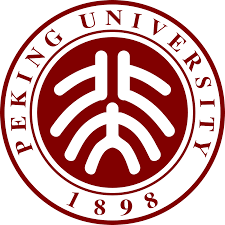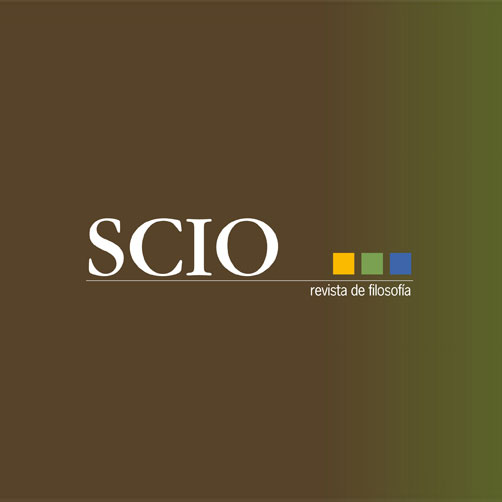- Date:Aug 13-20, 2018
- Organizers:FISP, Peking University
- Tel:86-10-62755331
- Venue:Peking University Beijing China
- Host:The Chinese Organizing Committee
- Email:secretariat@wcp2018.pku.edu.cn
Department of Philosophy—Peking University No.5 Yiheyuan Road Haidian District, Beijing, P.R.ChinaThe World Congress of Philosophy is organized every five years by the International Federation of Philosophical Societies (FISP) in collaboration with one of its member societies. The XXIV World Congress will be held in Beijing, China, from August 13 to August 20, 2018, under the auspices of the Chinese Organizing Committee. The complementary aims of the 2018 Congress include an emphasis on exploring dimensions of the human and inquiring into the challenges facing humanity:
To globalize philosophical investigations to encompass the diverse forms of philosophizing by past and present thinkers across cultures, with special attention to critical reflections on philosophy itself and the tasks and functions of philosophy in the contemporary world.
To open the philosophical area to enable philosophers to address emerging global issues through fruitful interactions with other disciplines in the humanities, social sciences, and natural sciences, with other activities in economic, social, political, and religious spheres, as well as with diverse cultures and traditions.
To encourage philosophical reflections to become public discourses on recurrent human concerns, such as ecology, justice, and peace.
[themecolor]The World Congress of Philosophy[/themecolor]
The World Congress of Philosophy is organized every five years by the International Federation of Philosophical Societies (FISP) in collaboration with one of its member societies. The XXIV World Congress will be held in Beijing, China, from August 13 to August 20, 2018, under the auspices of the Chinese Organizing Committee. The complementary aims of the 2018 Congress include an emphasis on exploring dimensions of the human and inquiring into the challenges facing humanity:
To globalize philosophical investigations to encompass the diverse forms of philosophizing by past and present thinkers across cultures, with special attention to critical reflections on philosophy itself and the tasks and functions of philosophy in the contemporary world.
To open the philosophical area to enable philosophers to address emerging global issues through fruitful interactions with other disciplines in the humanities, social sciences, and natural sciences, with other activities in economic, social, political, and religious spheres, as well as with diverse cultures and traditions.
To encourage philosophical reflections to become public discourses on recurrent human concerns, such as ecology, justice, and peace.
Endowed with arguably the longest history of cultural continuity but deeply challenged by severe ruptures in its modern transformation, China provides a unique locale to raise fundamental questions about self, community, nature, spirituality, traditions, and modernity, evoking the idea of philosophy as practice as well as theory.
The 2018 Congress invites discussions on the nature, roles, and responsibilities of philosophy and philosophers to enhance a common awareness of “learning to be human.” It is committed to attending to problems, conflicts, inequalities, and injustices connected with the development of a planetary civilization that is simultaneously techno-scientific and multicultural.Latest NewsMore+
[themecolor]Submission deadline extended [/themecolor]
The deadline for Paper Submission / Proposal Submission has been extended to February 1st 2018. Papers received after that date but before April 1st 2018 may be accepted if space in the program is still available. The Organizing Committee reserves the right to accept or reject the submitted papers and notify the authors accordingly.
[themecolor]Student Sessions[/themecolor]
The Executive Committee of the Congress is wishing to enhance the presence of student sessions in the programme. These sessions should bring together mainly, but not exclusively, PhD students from different countries, who would discuss their ongoing researches in 2-hours debates with prominent international scholars. Free on-campus accommodations for students from outside Beijing will be allocated on a first-come, first-served basis. The local Organizing Committee is also considering the possibility of providing all students meal vouchers for campus dining halls.
Chairs of Student Sessions:
Ernest Lepore (USA)
Riccardo Pozzo (Italy)
WU Tianyue (China)
Please submit your papers online:
Click here to reach the Online Submission Page.
 Universidad de Pekín
Universidad de Pekín
About the author
Catedrático de Lógica y Filosofía de la Ciencia en la UCV "San Vicente Mártir".
Autor, entre otras obras, de "Los Nuevos Redentores" (Anthropos, 1987), "Tecnología y futuro humano" (Anthropos, 1990), "La violencia y sus claves" (Ariel Quintaesencia, 2013), Bancarrota moral (Sello, 2015) y "Técnica y Ser humano" (Centro Lombardo, México, 2017).


